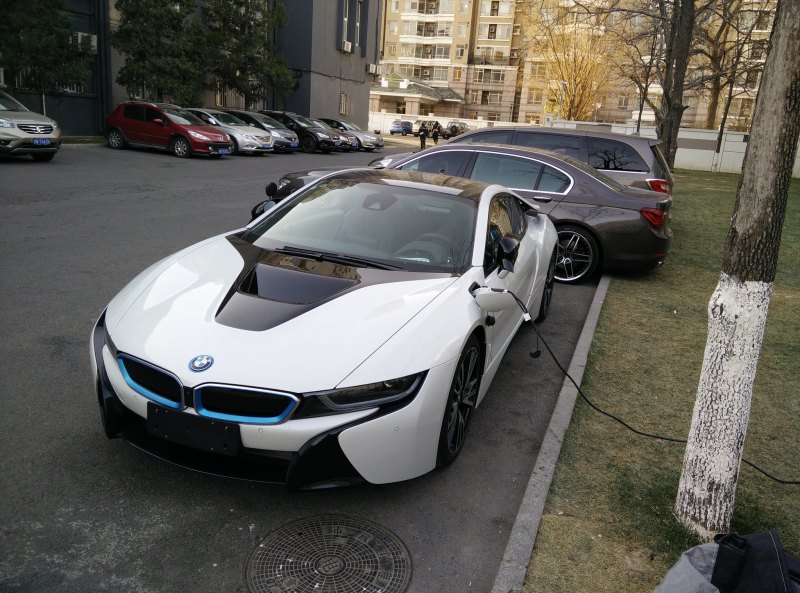
Change is hard. Even when it is a good thing, and everyone is on board, change is still difficult to accept and embrace. No one likes to be told that something they enjoy might be bad for them and life would be better without it. Whether it’s smoking, drinking, or eating red meat, most people don’t or aren’t ready to hear the truth. In some cases, moderation is fine, of course, but in others, change is necessary. A new study from the American Lung Association adds a new puzzle piece to how we look at the future of transportation.
Study says switching to EVs could save more than 89,000 lives by 2050
A new study by the American Lung Association tells us many things we already knew but didn’t really want to hear. Noxious gasses emitted from fossil fuel-burning engines cause a litany of health issues over time. Asthma, heart disease, and lung disease are all byproducts of toxic fumes, and although it seems obvious, more EVs and less gas-powered cars will benefit our own health and not just improve global warming.
The report projects that if just the U.S. could figuratively and literally clean up its automotive act and achieve 100% zero-emissions vehicle sales and generate non-combustion electricity by 2035, it could dramatically change the landscape of American health.
How dramatically? By 2050, the study projects almost a $1 trillion reduction in healthcare costs, more than 89,000 fewer premature deaths, and 2.2 million fewer asthma attacks in just the U.S. alone. All those health benefits correlate to a total of nearly 11 million fewer lost workdays, which translates to a mountain of productivity (and income) for businesses across the country.
How do we get there?
Whether that means plug-in hybrids, EVs, or hydrogen-powered cars, currently seven states have taken action to make all
California also leads the charge in terms of the number of zero-emissions vehicles currently being sold at 16%, as compared to the national average, which sits somewhat surprisingly, at a very low 6% of the market. But that may also have something to do with the fact that the average price of new electric cars hovers right around $60,000, which puts it past the car budgets of many Americans.
The caveat to this study is that it’s based on the idea that the electricity grid that all of these potential EV cars are built from must also be clean, otherwise, the entire premise ends up becoming fruit from the poisonous tree, and all those amazing health-improving projections will change for the worse. (And let’s face it: That ideal world of 100% clean grids is pretty far from a reality.)
Final thoughts
So while many of us still revel in the sound and feel of a small block V-8 ripping through the gears, exhaust roaring proudly, we have to come to grips with the idea that those days need to end, or at least be reduced significantly. Change isn’t easy for anyone, even when it’s change for the collective betterment of the world. Getting there will require more than just consumers switching to EVs — manufacturers need to get the costs of electric vehicles down to make them more affordable and the government will have to invest in infrastructure to make the plan feasible. But much like tossing those cigarettes in the trash, or trying out a veggie burger, while it might feel strange today, our future selves and the world will be grateful we finally embraced the change, because it really is a good thing.



